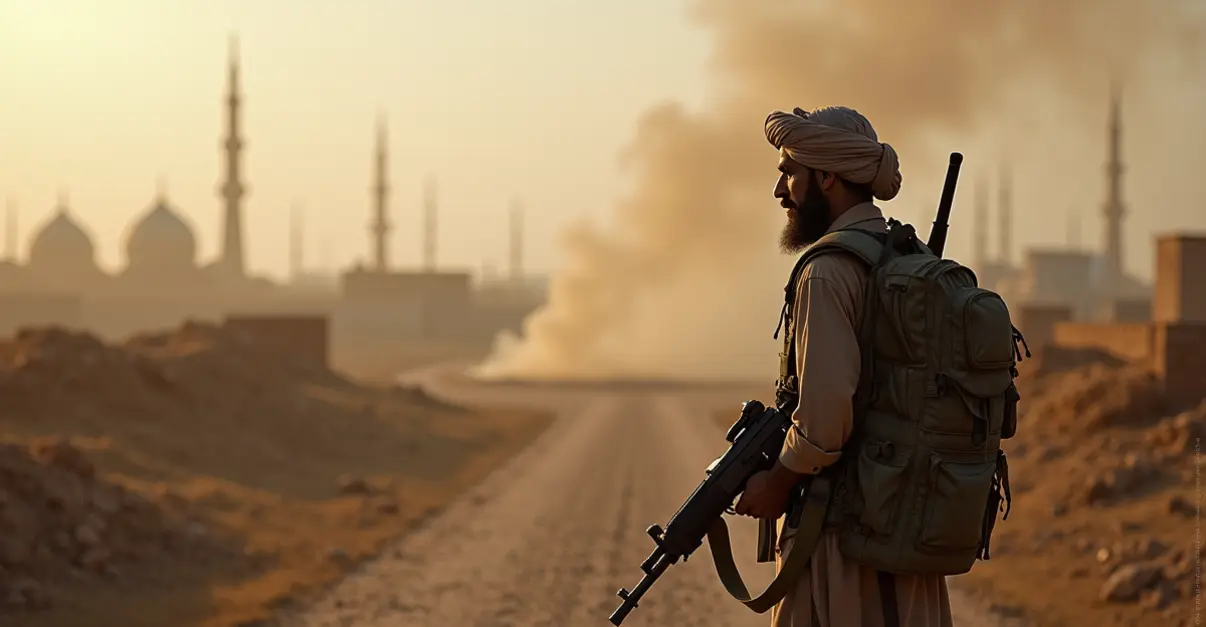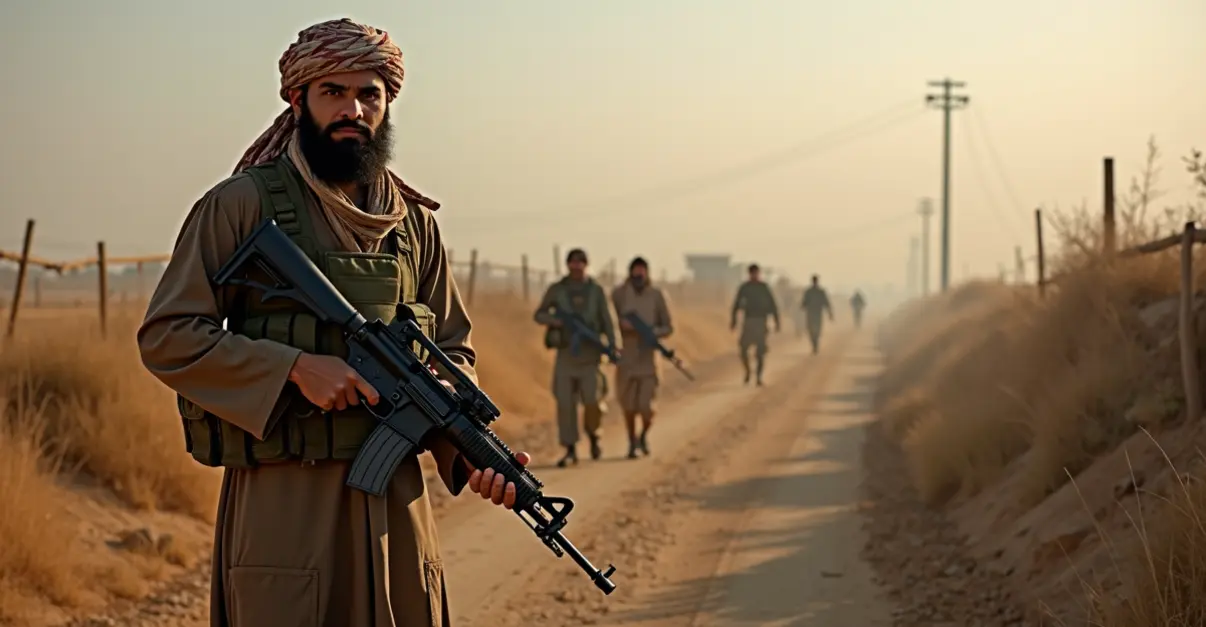Cross-Border Firefights Intensify Along Durand Line
Heavy clashes erupted along the Afghanistan-Pakistan border this week, marking one of the most significant escalations since the Taliban returned to power in 2021. According to security officials from both nations, fighting broke out at multiple locations along the 2,600-kilometer border, with both sides claiming military successes and trading accusations of aggression.
The conflict began on October 9, 2025, when Pakistan reportedly conducted airstrikes in Kabul, Khost, Jalalabad, and Paktika provinces. 'These strikes targeted Noor Wali Mehsud, leader of the Tehreek-i-Taliban Pakistan (TTP), near Abdul Haq Square in Kabul,' according to regional security analysts. However, the TTP later released an unverified audio recording claiming Mehsud had survived the attack.
Taliban Retaliation and Border Post Seizures
On October 11, Taliban forces launched retaliatory attacks against Pakistani positions in Balochistan and Khyber Pakhtunkhwa provinces. 'Afghanistan will give a fitting response, just like India,' the Pakistani Ministry of Interior stated on X, referencing recent tensions with India.
Taliban forces claimed to have captured three Pakistani border posts, while Pakistani security sources reported destroying several Afghan military positions. 'We have successfully retaliated against Pakistani aggression and destroyed their military facilities,' an Afghan Ministry of Defense spokesperson told international media.
Historical Context and Regional Concerns
The current conflict stems from Pakistan's longstanding accusations that Afghanistan allows TTP militants to use its territory as a safe haven for cross-border attacks. The Durand Line, established in 1893 as the boundary between British India and Afghanistan, has been a source of tension for over a century. Afghanistan has consistently refused to recognize the border, arguing it was imposed by colonial powers.
International concern has grown rapidly. Qatar's Ministry of Foreign Affairs expressed alarm about the escalating tensions and their potential impact on regional security and stability. In a statement on X, the ministry urged both countries to engage in dialogue, exercise restraint, and cooperate to prevent further escalation.
Saudi Arabia also called for restraint from both sides, emphasizing the need to avoid actions that could destabilize the region further. The conflict comes amid broader regional tensions, including the recent India-Pakistan conflict in May 2025 that saw both nuclear-armed nations engage in cross-border strikes.
Casualties and Military Response
While exact casualty figures remain unclear, reports indicate significant military engagement. 'Pakistani forces delivered a strong, intense response including artillery fire that lit up the night sky,' reported Radio Pakistan. Taliban sources claimed to have killed 12 Pakistani soldiers during their border post seizures.
The Pakistani military has been increasingly vocal about its concerns regarding cross-border terrorism. 'We will not tolerate this any longer,' Pakistan's defense minister stated regarding alleged Taliban support for TTP militants.
This escalation represents the most serious border confrontation since the Taliban's return to power and highlights the fragile nature of Afghanistan-Pakistan relations. Both nations face significant internal challenges while navigating complex regional dynamics involving major powers including China, Russia, and the United States.

 Nederlands
Nederlands
 English
English
 Deutsch
Deutsch
 Français
Français
 Español
Español
 Português
Português










